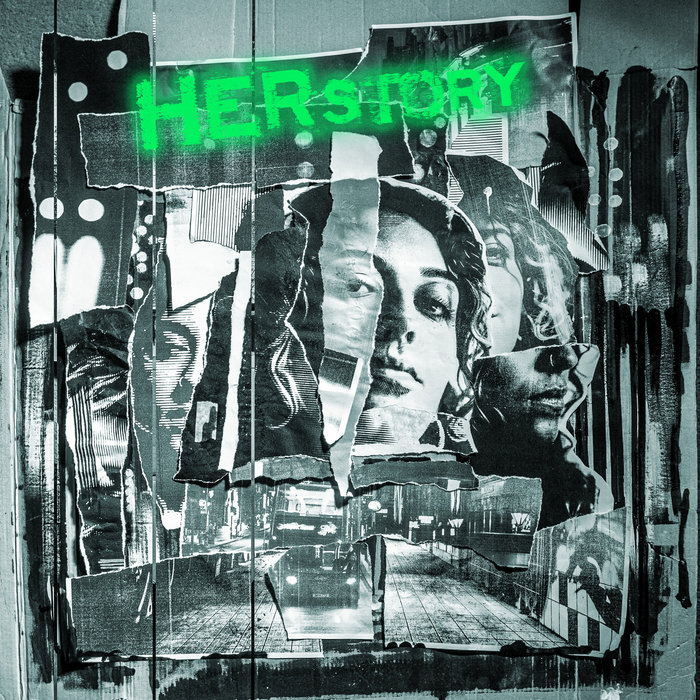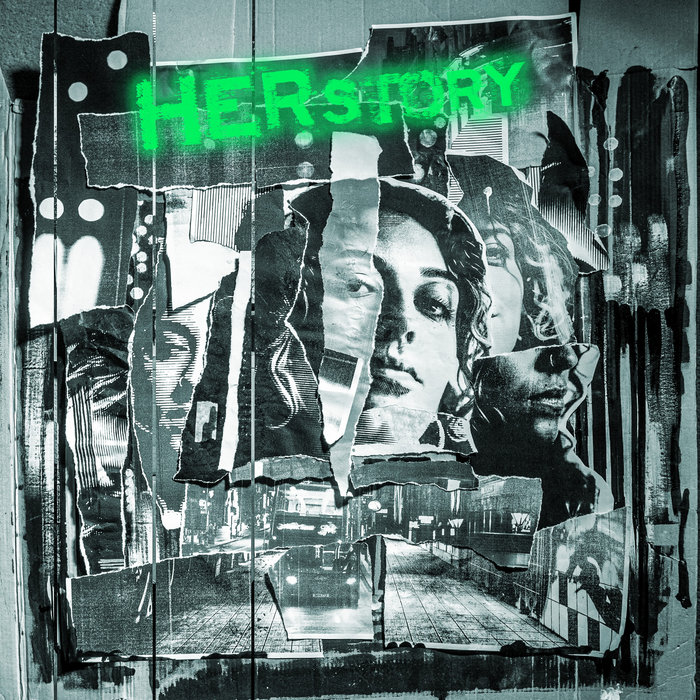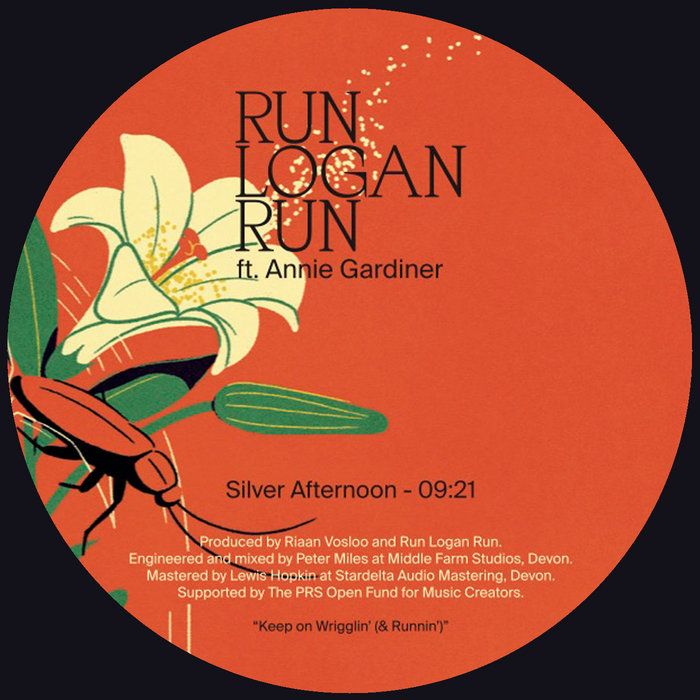
Vain Ft. The Souly ghost – DoomCannon
this blog is GROOVY – check out great Soul, Funk, Jazz, Hip Hop, Bass, Breaks , Reggae, House n many more TUNES
UK jazz, born from the fertile ground of American influence, blossomed into a unique and vibrant genre. While the origins can be traced back to the early 20th century, the real bloom began in the post-war era. Musicians, hungry for musical liberation, embraced jazz as a vehicle for creative expression and social commentary.
As the 60s dawned, UK jazz evolved, embracing contemporary trends like modal jazz and free jazz. Musicians like John Surman, a multi-instrumentalist renowned for his avant-garde explorations, and Mike Westbrook, known for his unique orchestrations and collaborations with poets, pushed boundaries and experimented with sound.
Today, UK jazz continues to thrive, with new talent emerging and established artists continuing to innovate. The genre’s rich history and diverse influences offer a glimpse into the country’s cultural tapestry, proving that UK jazz is more than just music – it’s a vibrant expression of British identity.

Vain Ft. The Souly ghost – DoomCannon

Boundaries – Poppy Daniels

No New Memories – Hilts

M.O.V.E. – B.H.A.M.
![Plantfood – Y.U.S. [feat. Yung Yusuf]](https://le-groove.de/wp-content/uploads/2024/10/Plantfood-Y.U.S.-feat.-Yung-Yusuf.jpg)
Y.U.S. [feat. Yung Yusuf] – Plantfood

High Up feat. Meduulla – CHERISE

HERstory – Tess Hirst

Magic – Tess Hirst

Badman Don’t Dance (Szajna Bootleg) – Szajna

Silver Afternoon – Run Logan Run